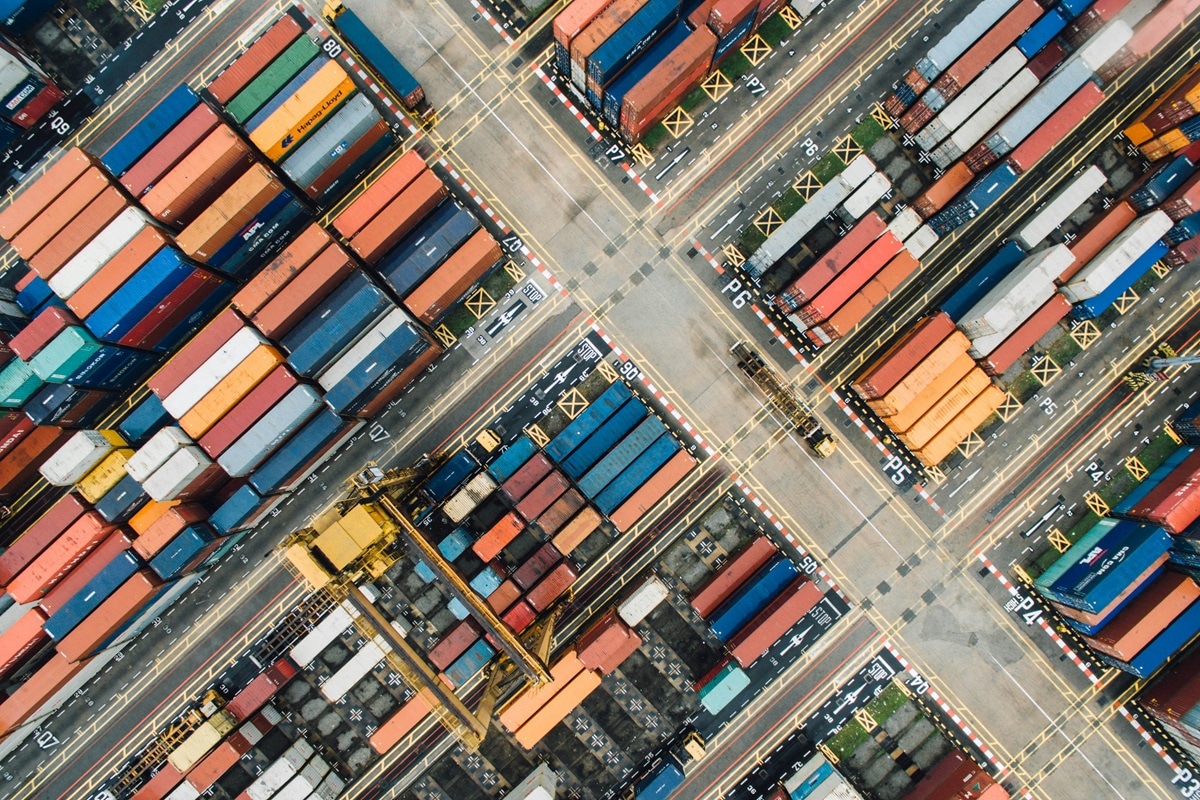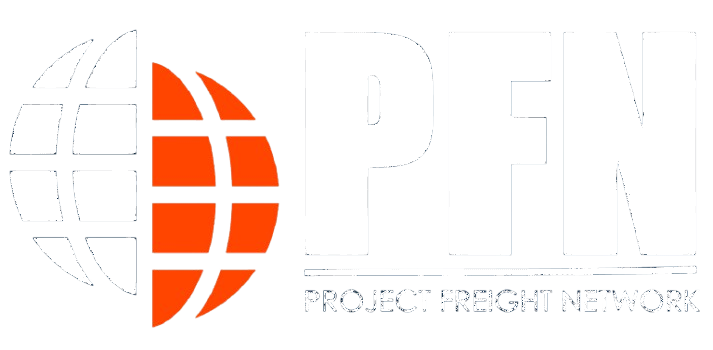
On July 22, 2025, the Italian Council of Ministers gave preliminary approval to a draft legislative decree aimed at clarifying and simplifying the rules concerning VAT applicability. The draft confirms the return to VAT exemption for international transport services, even when these services are provided through intermediaries.
This long-awaited legislative update directly impacts a significant portion of the logistics sector. For companies and logistics operators, it translates into tangible tax benefits, greater legal certainty, and a more streamlined approach to invoicing international transport services.
Current VAT Rules on International Transport
The main legal reference is Article 9 of Presidential Decree 633/72, which outlines services exempt from VAT, including international freight transport.
The law clearly distinguishes between:
-
Domestic transport, generally subject to VAT;
-
Intra-EU transport, governed by specific rules depending on the parties involved;
-
International transport, which can be VAT-exempt when related to export operations, transit, or temporary imports.
At present, the key condition for VAT exemption on freight transport services is a direct link to an international transaction, with the service provider acting as the direct freight forwarder.

The Role of Intermediaries in International Transport
One of the most debated topics in recent years has been the VAT treatment of transport services rendered by or through intermediaries, such as freight forwarders or logistics operators.
With the draft legislative decree approved on July 22, 2025, it is finally acknowledged that transport services provided by intermediaries also fall within the scope of VAT exemption.
But who qualifies as an intermediary?
In the logistics context, an intermediary is an entity that organizes and manages transport on behalf of the end customer, often coordinating multiple actors in the logistics chain (e.g., subcontractors, foreign agents, customs brokers).
This change—promoted by FEDESPEDI (Italian Federation of International Freight Forwarding Companies) in cooperation with Confetra (Italian Confederation of Transport and Logistics)—represents a regulatory milestone. Even in cases involving multiple parties (e.g., several freight forwarders), the VAT exemption under Article 9 of Presidential Decree 633/72 can now be applied, reducing complexity and avoiding potential double taxation.
A Practical Example
A Chinese company purchases goods EXW from an Italian supplier and appoints its local freight forwarder to handle the transport. The Chinese forwarder assigns a trusted Italian counterpart, who in turn engages several service providers for the transport from the warehouse to the port of arrival in China.
Until now, this chain of subcontractors could generate uncertainty regarding VAT treatment.
Under the new rule, all transport services related to the export may be VAT-exempt, even in complex, multi-party scenarios.

Operational and Tax Benefits for Companies
The extension of VAT exemption to international transport services involving intermediaries brings numerous advantages, including:
-
cost reduction – VAT exemption makes transport more cost-effective, especially for extra-EU markets;
-
simplified invoicing – A unified legal framework simplifies billing processes, even when multiple providers or subcontractors are involved;
-
legal certainty – The updated legislation eliminates interpretative doubts and reduces the risk of disputes with tax authorities;
-
improved customs efficiency – Harmonized rules enhance operational efficiency across the entire supply chain.
In short, this marks a significant step forward towards true VAT exemption in international logistics, in line with European best practices and the needs of exporting companies.
How Zaninoni Can Support You
For over 40 years, Zaninoni has supported businesses operating in global markets. As legislation continues to evolve, our expertise provides clients with reliable guidance on VAT compliance in international transport.
We offer free, tailored consultation to help clients assess the correct application of VAT or determine whether their shipments qualify for exemption.
Our services include:
-
comprehensive document management to ensure the correct application of VAT exemption on all international routes;
-
personalized consulting and door-to-door logistics solutions with global coverage, including fiscal and customs support.



